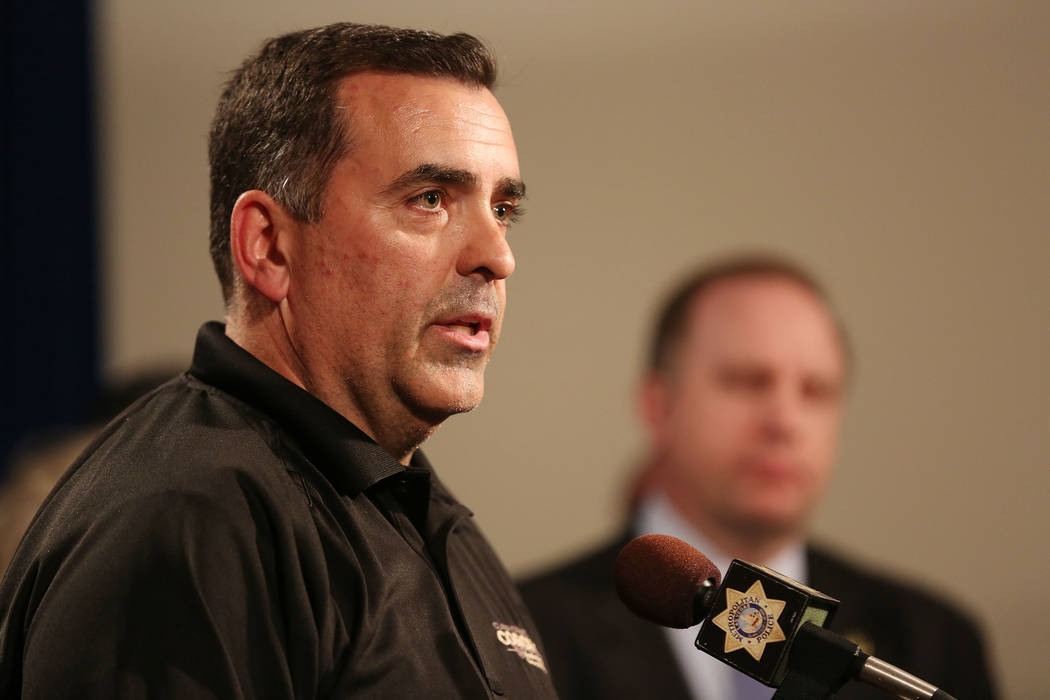Clark County plans to fight to keep autopsy reports secret

Clark County officials are planning to spend taxpayer resources to appeal a court ruling requiring the coroner to release autopsy reports.
The Las Vegas Review-Journal sought autopsy reports in April and sued three months later when Coroner John Fudenberg refused to release the documents. County attorneys argued that an attorney general opinion, privacy concerns and use of the reports by a government review panel allowed the county to withhold the records.
District Judge Jim Crockett rejected the county’s arguments, saying state laws do not exempt autopsies from release. But county officials contend Crockett made a mistake.
“On appeal, the Coroner will include arguments that the District Court erred in finding that the privacy interests in autopsy reports outweigh the public’s right to access, and in finding that the reports accessed by the (review panel) are only temporarily confidential,” according to a county agenda item for Tuesday’s meeting.
Barry Smith, executive director of the Nevada Press Association, said the county should release the records so the public can determine if authorities properly investigated deaths in Clark County.
“To use public money to hide information from the public doesn’t seem to be a legitimate use of taxpayer dollars,” he said.
The agenda item from Fudenberg notes taxpayers will pay “court fees, possibly attorney fees, and other related expenses” but does not provide an amount. Clark County Deputy District Attorney Laura C. Rehfeldt, who is handling the case for the county, did not respond to a request for comment and the estimated costs of the appeal.
Review-Journal editor Keith Moyer blasted the county for failing to comply with open records laws.
“This is another example of throwing good taxpayer dollars after bad, to avoid compliance with a public records law that was adopted by the state and upheld recently by the court,” he said. “The public is entitled to those records. And the coroner’s repeated attempts to avoid turning them over makes us wonder even more just why that is.”
Review-Journal attorney Maggie McLetchie said appeals can sometimes take years but she hopes to expedite the case.
“The Coroner’s Office failed to timely establish that the autopsy records were confidential and the court found that it did not meet its heavy burden of overcoming the presumption in favor of access,” she said. “Courts all across the country have found that autopsy reports are public records.”












